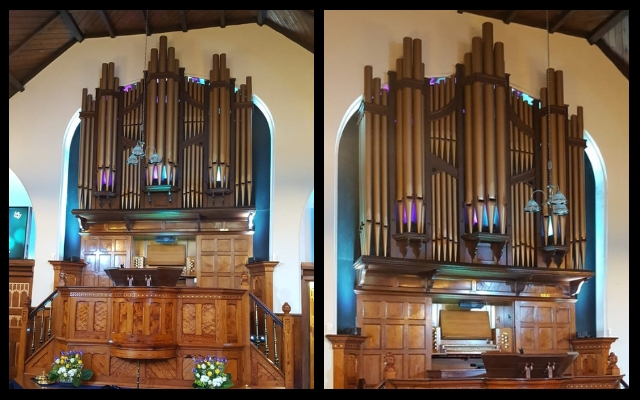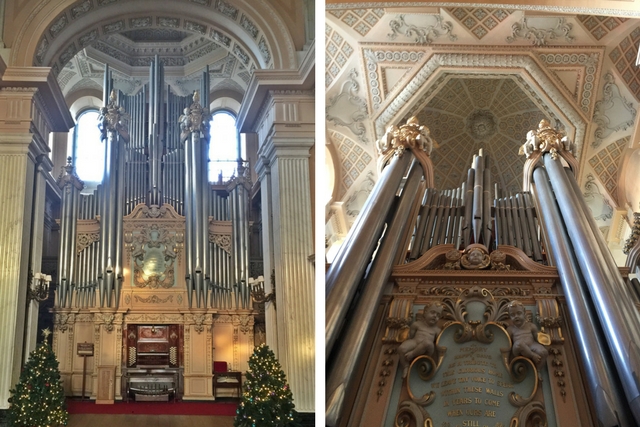It probably couldn't be done with pipes . . .
https://www.youtube.com/watch?v=UmGhF32ulKc
but inspirational nevertheless.
Hideously difficult to navigate
Best wishes
David P
https://www.youtube.com/watch?v=UmGhF32ulKc
but inspirational nevertheless.
Hideously difficult to navigate
Best wishes
David P



